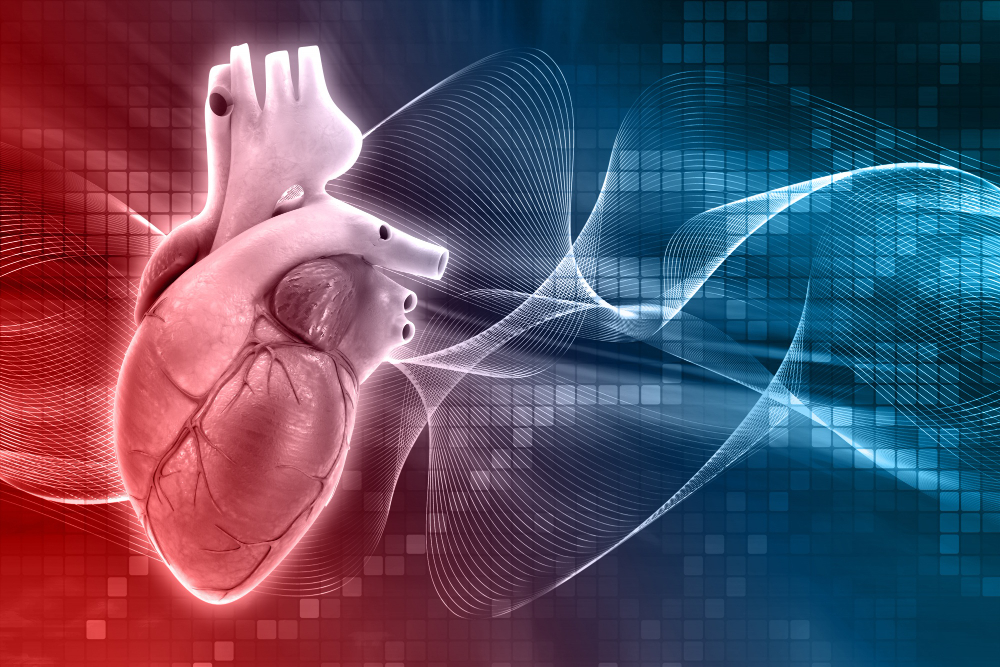What is Dilated Cardiomyopathy?
Dilated cardiomyopathy is a heart condition. In this disease, the heart becomes larger and weaker. Because of this, it cannot pump blood as well as it should. Many people in the United States live with this condition. Early signs of dilated cardiomyopathy can be easy to miss. However, knowing the symptoms helps protect your cardiac health. According to the American Heart Association, this condition can lead to heart failure if not treated.
Why Recognizing Symptoms Matters
It is important to notice symptoms early. When you spot signs soon, you can get help faster. Early treatment may prevent serious problems. For example, it can lower your risk of heart failure. Also, it helps you live a healthier life. Many people ignore mild symptoms, but even small changes can signal heart trouble. Therefore, paying attention to your body is key.
Common Symptoms of Dilated Cardiomyopathy
Symptoms may develop slowly or appear suddenly. Some people have mild signs, while others feel very sick. Here are the most common symptoms:
Not everyone will have all these symptoms. Sometimes, signs are mild at first. But over time, they can get worse. If you notice any of these, it is wise to talk to your doctor.
When to Seek Medical Help
If you have trouble breathing, chest pain, or fainting, seek help right away. These can be signs of a serious heart problem. Even if your symptoms seem mild, it is better to be safe. Early care can prevent heart failure and other issues. In the United States, emergency rooms are ready to help with heart symptoms at any time. Do not wait if you feel something is wrong.
Prevention and Lifestyle Tips
While you cannot always prevent dilated cardiomyopathy, some steps may help. Here are a few tips to support your heart health:
Additionally, keeping your blood pressure and diabetes under control can lower your risk. Always follow your doctor’s advice for the best results.
If you notice any symptoms of dilated cardiomyopathy, consult a cardiologist for personalized advice.

